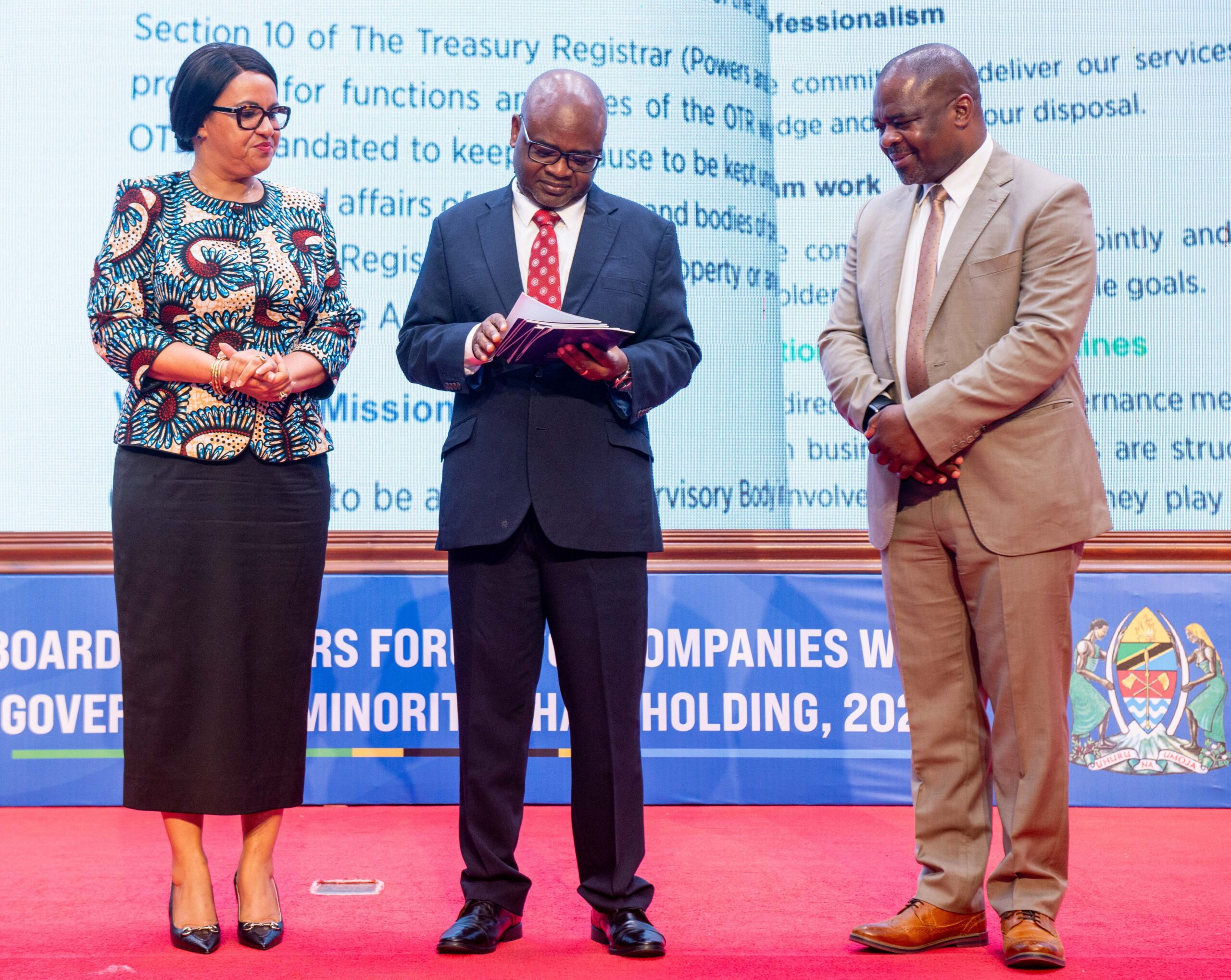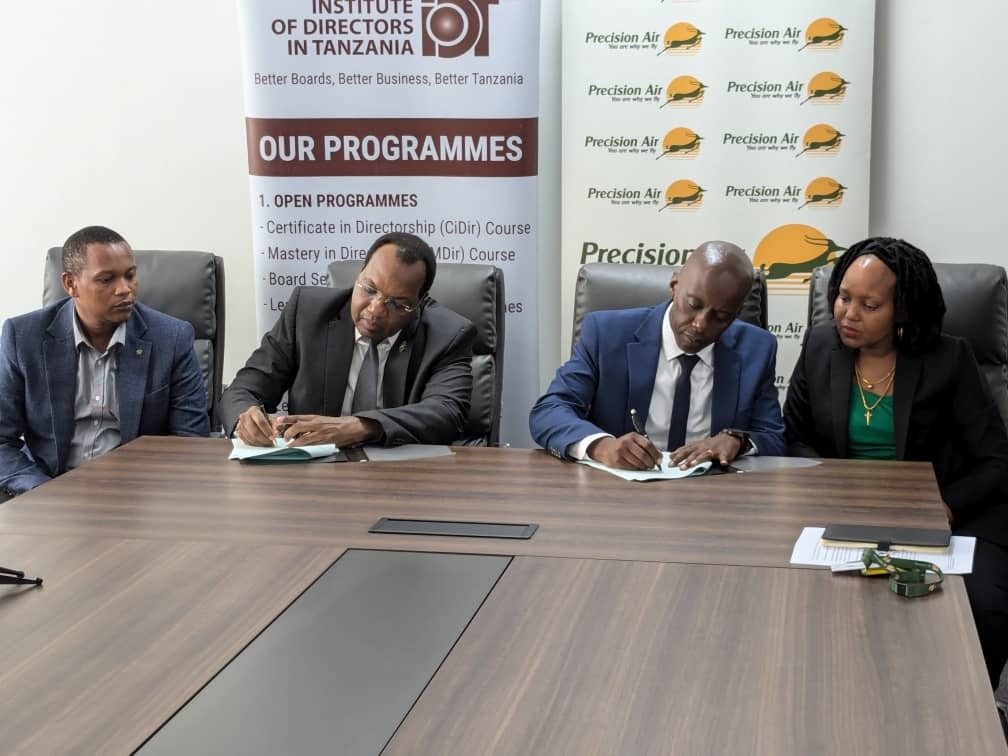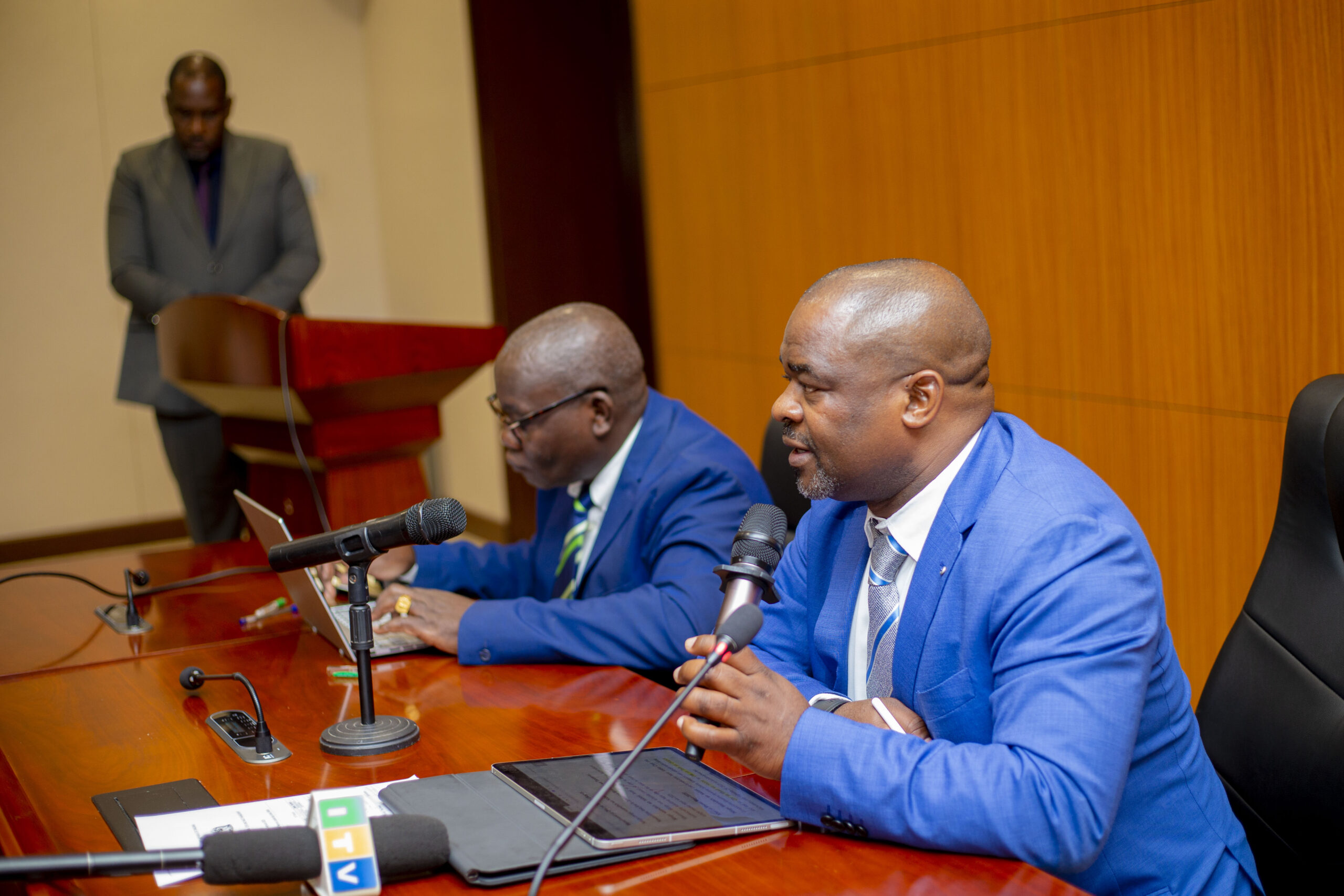Dar es Salaam. By the year 2050, Tanzania envisions a future where state-owned enterprises (SOEs) are commercially driven, transparent, competitive, self-reliant, and profitable, attracting investment and working in full partnership with the private sector to boost the national economy.
This ambition is outlined in the Tanzania Development Vision 2050, officially known as Dira 2050, launched by President Dr Samia Suluhu Hassan on Thursday, July 17, 2025, in Dodoma, at a ceremony attended by senior government officials and private sector leaders, including Mr Nehemiah Mchechu, the Treasury Registrar.
The Office of the Treasury Registrar (OTR) has been entrusted with the responsibility of ensuring this vision becomes reality, given its mandate to oversee investments in public institutions.
Currently, the OTR supervises 252 public entities, of which 217 are service-oriented, while 35 operate commercially.
According to the Dira 2050 document, government subsidies to many SOEs have hindered competitiveness, creating an uneven playing field between public enterprises and private companies.
This has, in turn, reduced the private sector’s efficiency and its contribution to national development.
“These enterprises (public entities) have been receiving government subsidies, which undermines fair competition with private firms. This situation has weakened the private sector’s ability to effectively drive national development,” Dira 2050 states.
Dira 2050 emphasizes the need for a clearly defined investment framework that outlines the roles and focus areas of both public commercial enterprises and private sector players.
This will accelerate economic growth and ensure sustainable development.
“We must build a public sector that enables and facilitates business and investment. By doing so, we will develop a competitive, strong, inclusive, and accountable private sector that significantly contributes to social and economic development,” the Vision adds.
Achieving this goal will require comprehensive policy, governance, and operational reforms to clearly define strategic sectors for public investment and open up wider opportunities for private sector participation.
Moreover, Dira 2050 highlights the need for a public service that values and supports private sector growth, through the creation of a business- and investment-friendly environment.
Tanzania aims to become one of the top three investment destinations in Africa and among the most business-friendly countries on the continent.
“A vibrant commercial sector is essential for building a strong, inclusive, and competitive economy,” the Vision states.
The presence of small, medium, and large enterprises, both local and foreign-owned, alongside competitive public commercial entities, is expected to enhance Tanzania’s participation in global markets.
In addition to these benefits, the country anticipates increased innovation, economic resilience, and stability, fostering sustainable business growth aligned with dynamic market conditions.







